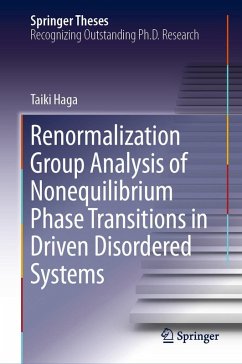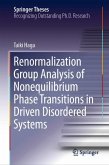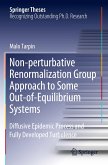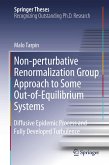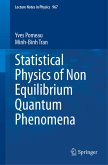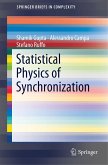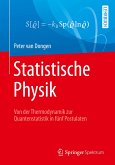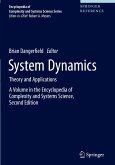This book investigates phase transitions and critical phenomena in disordered systems driven out of equilibrium. First, the author derives a dimensional reduction property that relates the long-distance physics of driven disordered systems to that of lower dimensional pure systems. By combining this property with a modern renormalization group technique, the critical behavior of random field spin models driven at a uniform velocity is subsequently investigated. The highlight of this book is that the driven random field XY model is shown to exhibit the Kosterlitz-Thouless transition in three dimensions. This is the first example of topological phase transitions in which the competition between quenched disorder and nonequilibrium driving plays a crucial role. The book also includes a pedagogical review of a renormalizaion group technique for disordered systems.

